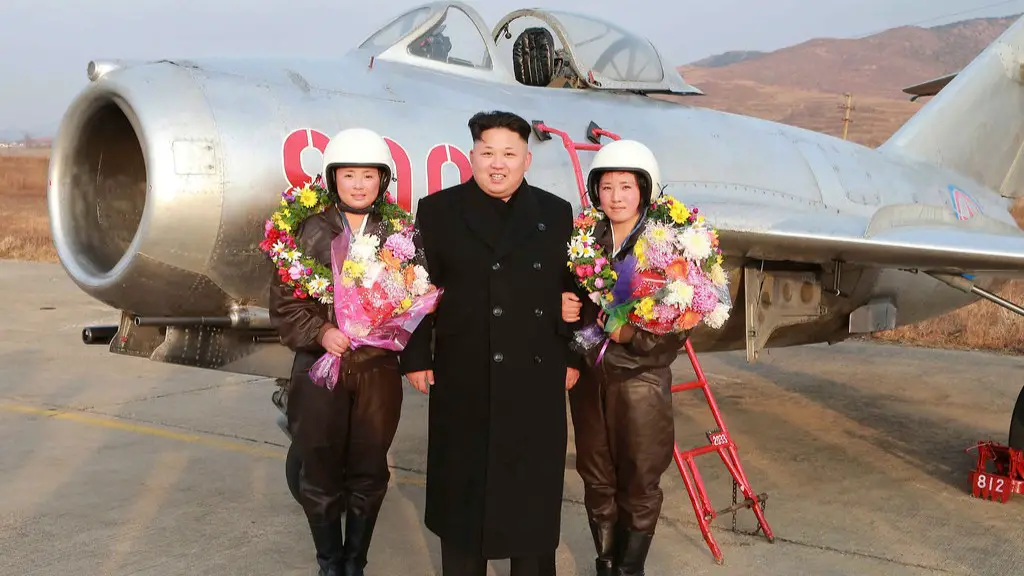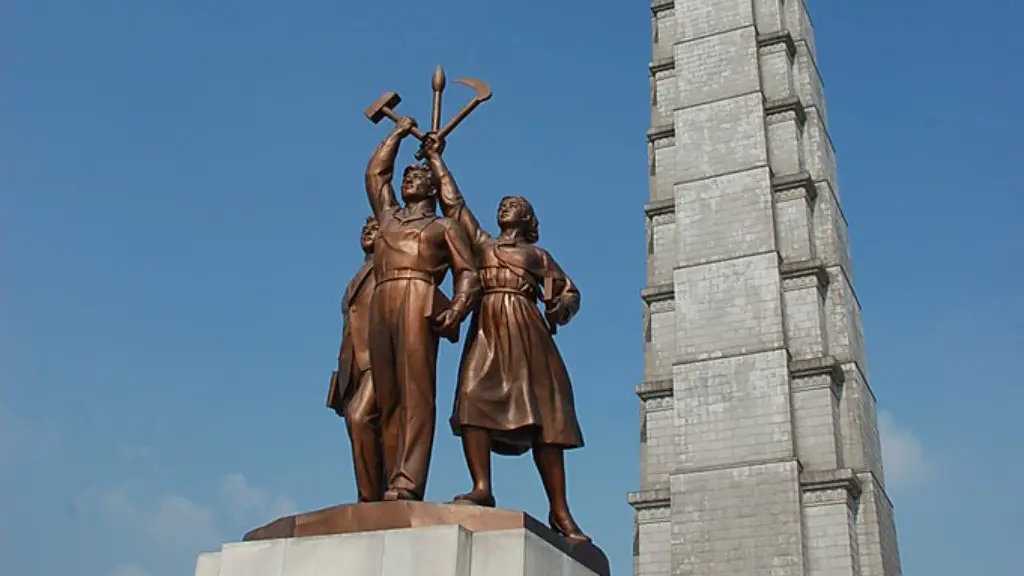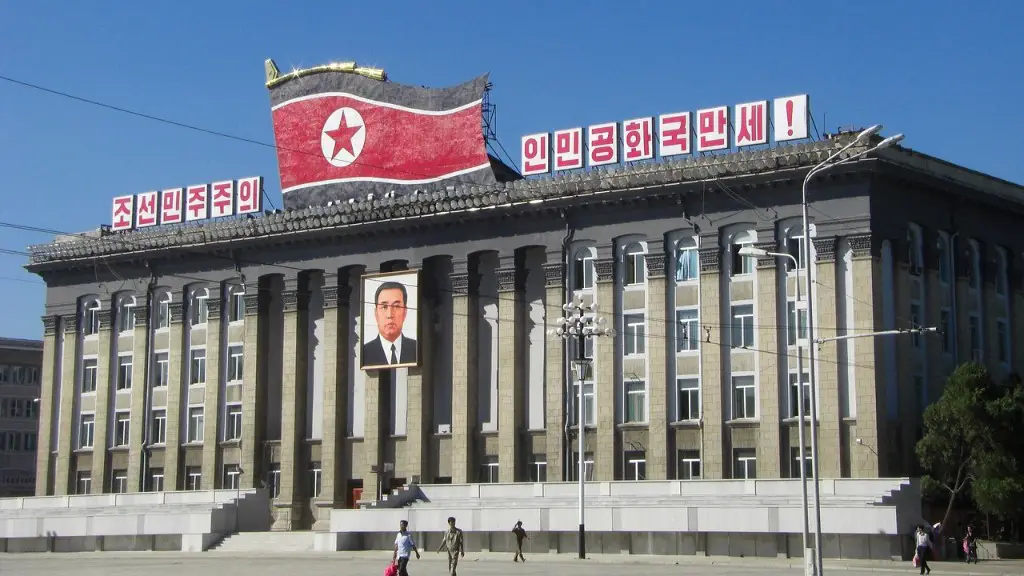Introduction
North Korea is one of the world’s most secretive nations, with a closed border, severely restricted media, and no internet access for its citizens. For decades, the country has been an enigma to outsiders, however, there has been some limited access for certain visitors in recent years; though, it is heavily controlled and visitors must go through a strictly enforced approval process. The process for who is allowed into North Korea can be complicated and perplexing, as there are many restrictions this article seeks to explore.
Rules and Regulations
The state of North Korea is formally known as the Democratic People’s Republic of Korea, and the government is run by their ruling party the Workers’ Party of Korea. All foreigners wishing to enter into North Korea must obtain a visa from the North Korean government, which typically requires the individual to book an arranged tour with a government-approved travel group. Tourists are allowed to travel in prescheduled tours to only approved regions, such as Pyongyang and the Demilitarised Zone, while some others are severely restricted or completely off-limits. Political dissidents, journalists, and people with dual citizenship are not allowed to enter.
Restrictions on What Can be Taken
Foreigners going to North Korea must follow strict guidelines on what can and cannot be taken into the country; for example, it is strictly forbidden to bring in publications that may be deemed to be critical of the North Korean government, such as books and newspapers. According to the U.S. State Bureau guidelines, travelers must also come prepared to show their travel plans, prove they can support themselves while they are in the country, and present their passport and any other visas they may have.
Special Visas
In recent years, there has been an increase in the amount of special visas granted to foreigners. Business travelers may be granted a short-term special visa as long as they adhere to the strict guidelines set by the government. These visas are most often only approved to those travelling in an official government capacity. For example, foreign lawyers, consultants, experts and academics may be granted a visa for a single-entry for up to 30 days.
Tourism Programs
Tourism programs have been introduced in recent years, however, this is strictly limited to particular areas of the country. Most popular sites include the Mausoleum of Kim Il-sung; the Kumsusan Memorial Palace, a former president’s residence; and the Victorious Fatherland Liberation War Museum. For these tourist visas, travelers must book an arranged tour with a government-approved travel company.
Relations with Other Nations
North Korea maintains relations with a variety of other nations across the globe. Generally, it is not possible to enter North Korea by direct flights, except, for instance, from China. However, diplomatic relations exist between North Korea and some nations including Russia, which allows flights to Moscow and beyond.
Changes Over Time
In recent years, there has been a slight change in terms of who is allowed into North Korea. Educational programs and joint-economic projects by foreign nations are now being mentioned by the North Korean government. The number of visitors entering the country has increased in the last few years, albeit in small numbers, with the emergence of more openness from the North Korean government.
Challenging Entry
While North Korea does allow certain visitors to enter its borders, the process for doing so is difficult and restrictive. Not only must travelers obtain a visa and follow the country’s laws, but they must also tolerate heightened scrutiny and surveillance while they are in the country. This means that, while it is possible to visit North Korea, it is not advisable for those who are not prepared to adhere to the rules and regulations imposed by the North Korean government.
Political Influence
Due to numerous political and societal factors, North Korea is considered one of the least accessible and most restrictive countries in the world. Foreign travelers wishing to enter must adhere to the rules and regulations set by the North Korean government, which are designed to preserve national security and the safety of citizens. A number of countries have imposed sanctions on the Democratic People’s Republic of Korea, making it even more difficult for those wishing to enter to go about it; for example, the U.S. has banned its citizens from visiting North Korea since 2017.
Regional Influence
The process for entering North Korea is also complicated by the region’s geopolitical climate. Several neighboring countries, namely China and South Korea, both have an impact on who is allowed in. Both countries have issued numerous restrictions on travel to and from the North Korean border, making it difficult for many travelers to access. South Korea, in particular, has taken a hardline stance on foreign visitors, including those coming from the United States.
Conclusion
North Korea is a highly secretive and restrictive state, leaving many of us wondering who is allowed in. With its closed border and restrictions on media, it’s difficult for most of us to gain access to the country. Foreign visitors must go through a complicated approval process to obtain a visa; usually book an arranged tour with a government-approved travel group. There are restrictions on what can be taken into the country, and political dissidents, journalists, and people with dual citizenship are not allowed to enter. While North Korea does allow certain visitors in its borders, the process for doing so is difficult and restrictive.


